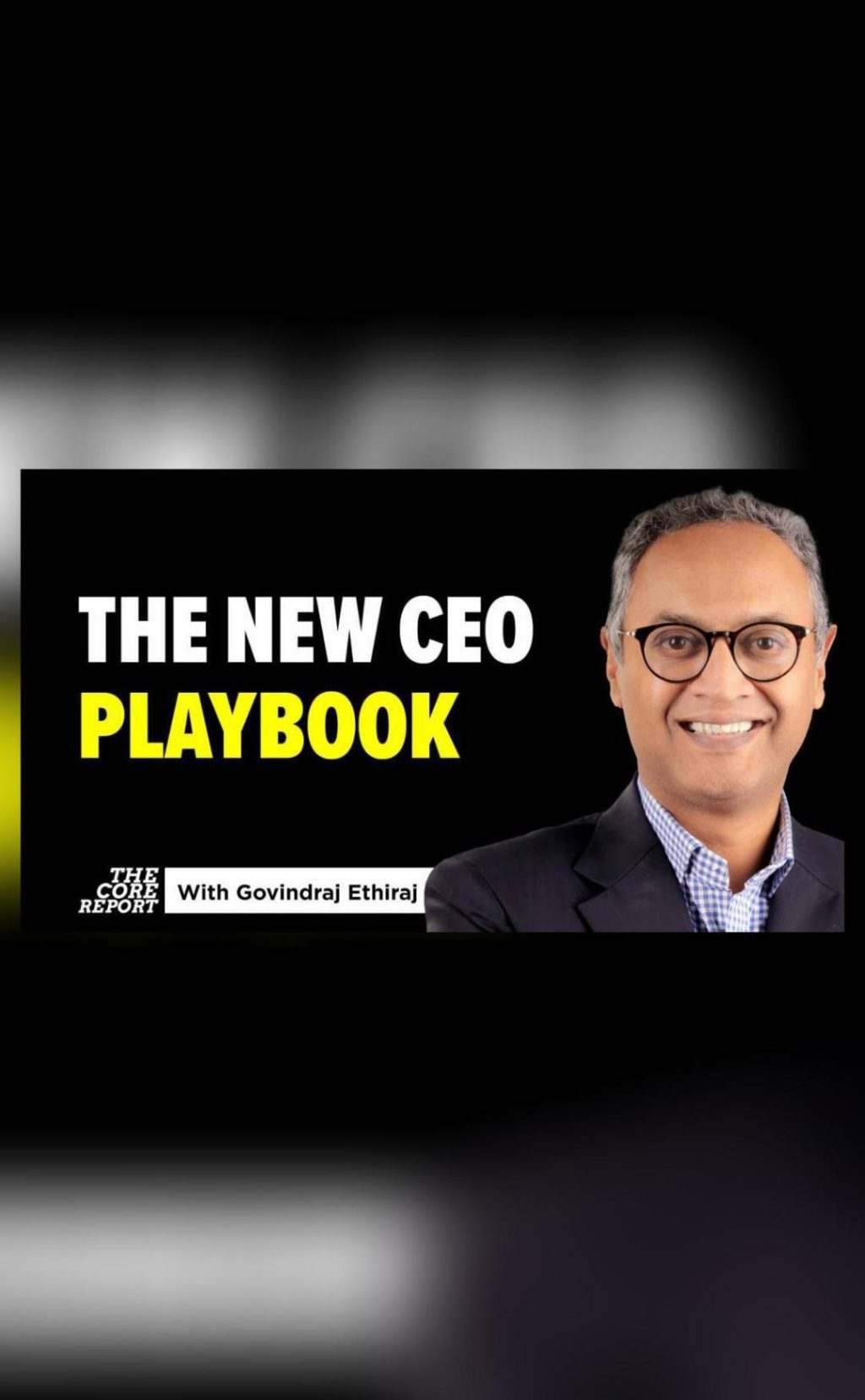
The New CEO Playbook: AI Pressures & Global Tariff Shocks
As the world continues to grapple with the dual forces of artificial intelligence (AI) and global tariff shocks, CEOs of multinational corporations are facing unprecedented challenges. The landscape of business has changed dramatically, with internal pressures to automate and innovate, combined with external forces like shifting trade policies, disrupting traditional assumptions about strategy and operations. In this rapidly evolving environment, companies are being pushed to localize, adapt, and reconsider long-held business models.
The AI Revolution
AI is transforming industries at an unprecedented pace, from healthcare and finance to manufacturing and logistics. As machines learn to perform tasks that were previously the domain of humans, CEOs are under pressure to integrate AI into their operations and stay ahead of the competition. This requires significant investments in digital infrastructure, data analytics, and talent acquisition, as well as a willingness to disrupt established business practices.
The stakes are high, as companies that fail to innovate will struggle to remain relevant in a rapidly changing market. According to a recent survey by Deloitte, 79% of executives believe that AI will disrupt their business within the next two years, while 63% are already seeing significant changes in their industries.
Tariff Shocks and Trade Wars
Meanwhile, global tariff shocks are creating new uncertainties and challenges for CEOs. The ongoing trade wars between the United States, China, and other nations are causing economic instability, disrupting supply chains, and forcing companies to rethink their global strategies.
The impact of tariffs is far from trivial, with many companies facing significant increases in costs and complexity. According to a study by the National Bureau of Economic Research, a 10% tariff on a product can result in a 2.5% decrease in U.S. GDP.
The New CEO Playbook
In the face of these dual challenges, CEOs must adapt and evolve their strategies to stay ahead of the competition. Here are some key takeaways from the new CEO playbook:
-
Localize and Adapt: As global trade policies continue to shift and tariffs remain a reality, companies must localize their operations and adapt to new market conditions. This may involve investing in local manufacturing, refining supply chains, and building relationships with local customers and partners.
-
Innovate and Automate: AI is revolutionizing industries, and CEOs must prioritize innovation and automation to stay ahead of the competition. This requires significant investments in digital infrastructure, data analytics, and talent acquisition, as well as a willingness to disrupt established business practices.
-
Rethink Business Models: The old business model of “make, sell, and distribute” is no longer sufficient in today’s rapidly changing market. CEOs must rethink their business models to prioritize agility, flexibility, and customer-centricity.
-
Build Resilience: In a world of unprecedented uncertainty, CEOs must build resilience into their organizations. This requires a focus on risk management, contingency planning, and scenario analysis, as well as a willingness to pivot and adapt to changing circumstances.
-
Invest in Talent: The new CEO playbook requires a focus on talent acquisition and development, as companies must attract and retain top talent to drive innovation and growth. This includes a focus on diversity, equity, and inclusion, as well as ongoing training and development programs.
Conclusion
The new CEO playbook is all about adapting to the dual challenges of AI and global tariff shocks. As business leaders, we must prioritize innovation, automation, localization, and resilience, while rethinking our business models and investing in talent. By doing so, we can build companies that are agile, adaptable, and ready to thrive in a rapidly changing world.
Watch the video for more insights






